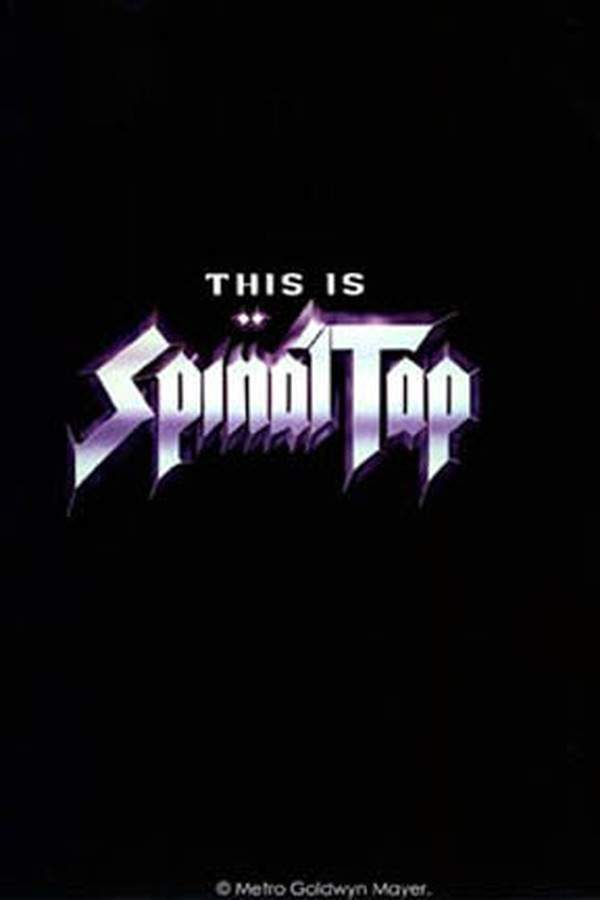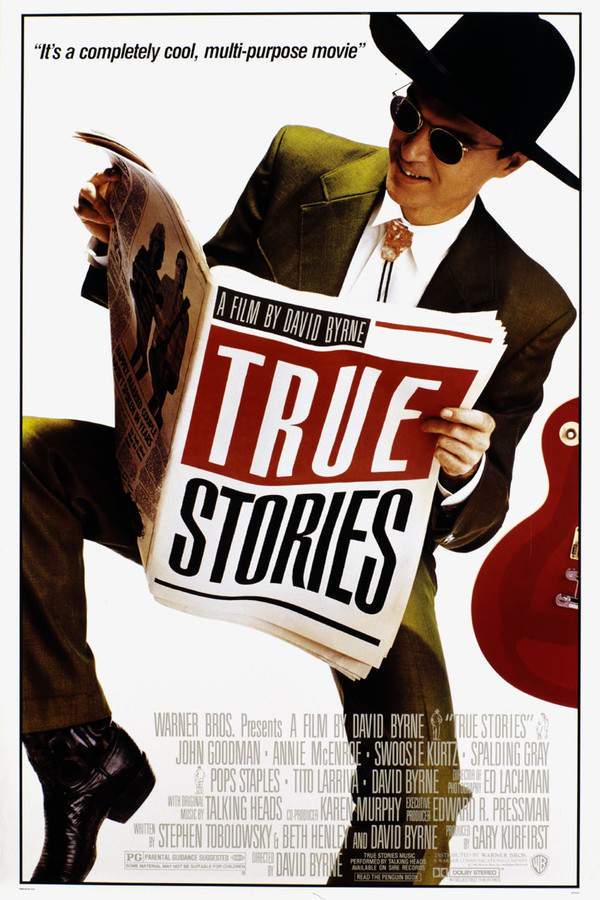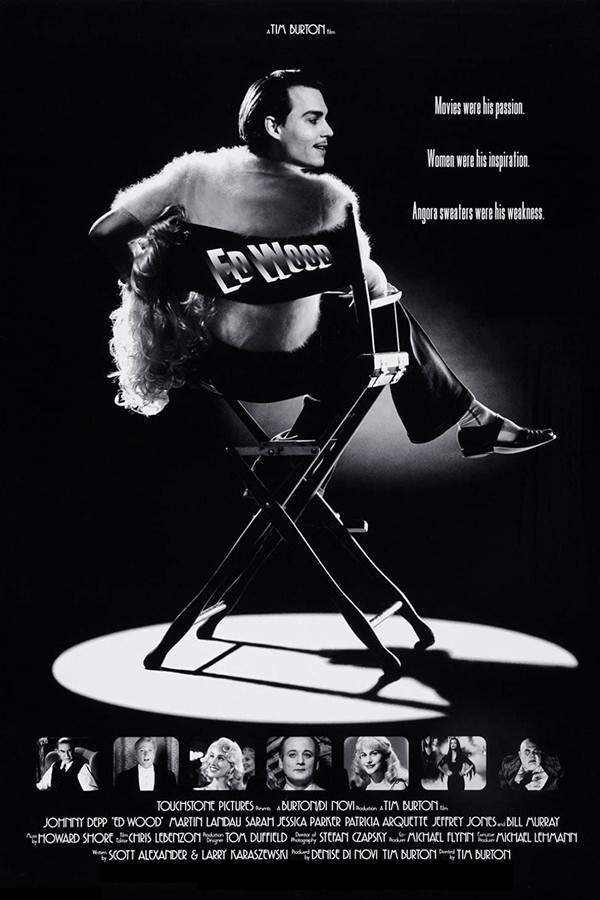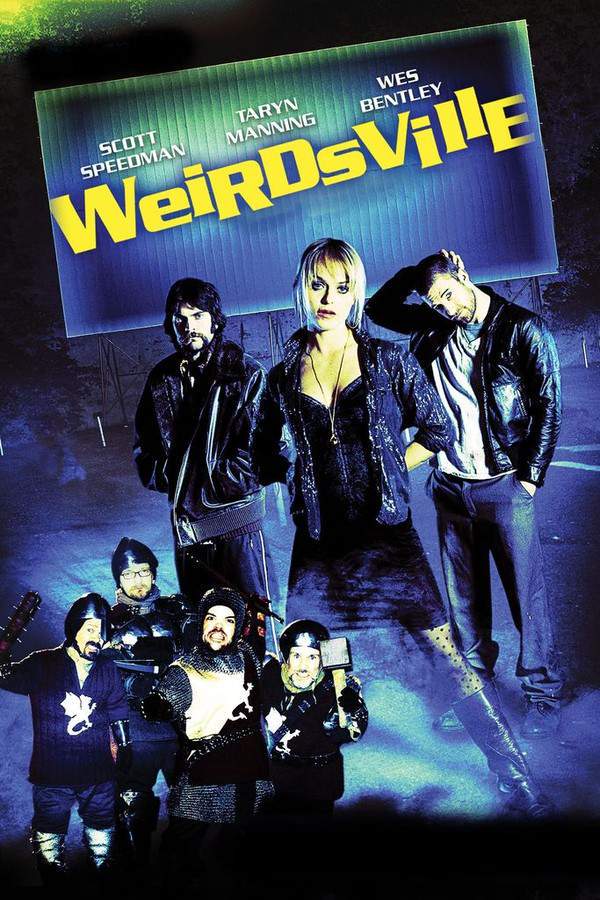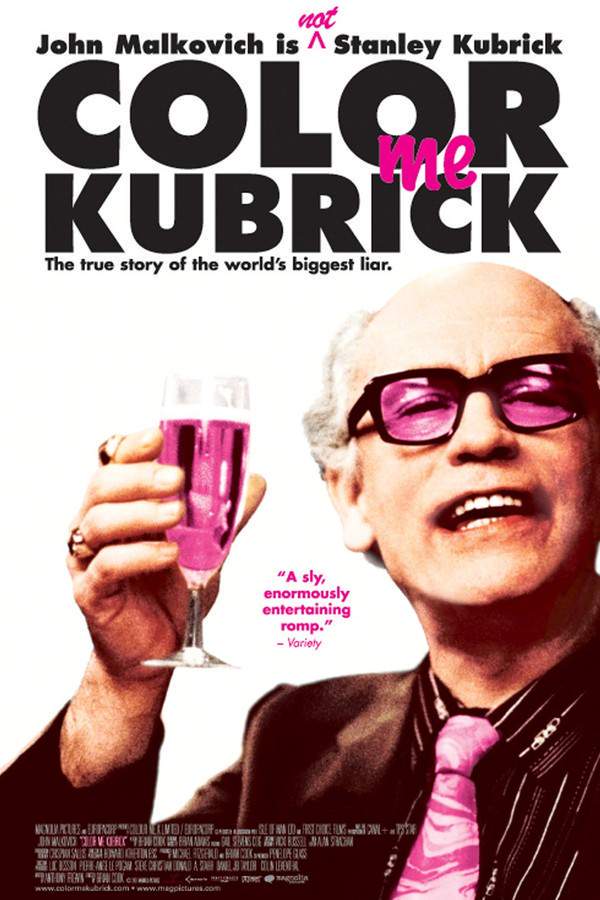Weird: The Al Yankovic Story 2022

This hilarious biopic tells the unbelievable life story of "Weird Al" Yankovic, portrayed by Daniel Radcliffe. The film explores his rise to fame as the comedic mastermind behind countless parody songs, showcasing his unique brand of humor and the impact he had on popular culture. From humble beginnings to international superstardom, it's a riotous and unexpected journey through the world of parody music.
Does Weird: The Al Yankovic Story have end credit scenes?
No!
Weird: The Al Yankovic Story does not have end credit scenes. You can leave when the credits roll.
Meet the Full Cast and Actors of Weird: The Al Yankovic Story
Explore the complete cast of Weird: The Al Yankovic Story, including both lead and supporting actors. Learn who plays each character, discover their past roles and achievements, and find out what makes this ensemble cast stand out in the world of film and television.
External Links and Streaming Options
Discover where to watch Weird: The Al Yankovic Story online, including streaming platforms, rental options, and official sources. Compare reviews, ratings, and in-depth movie information across sites like IMDb, TMDb, Wikipedia or Rotten Tomatoes.
Ratings and Reviews for Weird: The Al Yankovic Story
See how Weird: The Al Yankovic Story is rated across major platforms like IMDb, Metacritic, and TMDb. Compare audience scores and critic reviews to understand where Weird: The Al Yankovic Story stands among top-rated movies in its genre.

The Movie Echo Score
Weird: The Al Yankovic Story functions as a self‑aware parody that leans heavily on its musical pastiche and absurdist humor. Strong performances, especially from Daniel Radcliffe and Evan Rachel Wood, anchor the comedy, while the soundtrack and frequent cameo moments sustain a lively tone. Critics note uneven pacing and occasional production shortcuts, which modestly temper the film's overall impact. Nevertheless, the movie’s playful spirit and replay‑worthy jokes give it solid appeal for fans and casual viewers alike.
The Movie Echo Score Breakdown for Weird: The Al Yankovic Story

Art & Craft
In terms of direction and production design, the film adopts a deliberately exaggerated aesthetic that matches its parodic intent. Cinematography and editing are competent but at times reveal a low‑budget feel, especially during rapid costume changes and cameo set‑pieces. Visual choices reinforce the tongue‑in‑cheek tone, though occasional roughness prevents a fully polished look. Overall, the art and craft support the comedy without reaching a high cinematic standard.

Character & Emotion
When it comes to character work, Daniel Radcliffe delivers a buoyant, exaggerated lead performance that carries the mock‑biopic, while Evan Rachel Wood adds a vivid, humorous take on Madonna. Supporting cameos contribute additional comic texture, though deeper emotional layers are largely absent. The ensemble’s chemistry is lively, and the portrayals succeed in amplifying the film’s parody premise. Consequently, the character element is a noteworthy strength despite limited depth.

Story & Flow
The narrative follows a loose, joke‑driven biopic structure that emphasizes absurd exaggeration over conventional plot coherence. Originality shines through the satire of biographical tropes, yet the pacing suffers from repetitive punchlines and occasional filler moments. Engagement fluctuates as the film swings between rapid gag bursts and slower transitional scenes. While the story fulfills its comedic objectives, the uneven flow curtails a fully satisfying narrative experience.

Sensory Experience
Sensory experience is dominated by a lively soundtrack featuring Weird Al’s parody songs, which reinforce the film’s musical humor. Sound design complements the frenetic editing, and visual styling embraces bright, chaotic set pieces that reflect the gimmickry of the premise. Production values occasionally dip, revealing modest sets and effects, yet these moments are offset by the energetic composition of scenes and memorable cameo appearances.

Rewatch Factor
Rewatch value is high due to the film’s dense array of cameo Easter eggs and recurring musical jokes that reward repeat viewings. Fans of Weird Al’s catalog find continual delight in spotting familiar references, and the light‑hearted tone invites casual audiences to return for additional laughs. Although some humor feels stretched, the overall comedic premise maintains its appeal over multiple screenings.

70
Metascore
7.1
User Score


85%
TOMATOMETER

79%
User Score

6.8 /10
IMDb Rating

68
%
User Score

3.5
From 225 fan ratings

4.25/5
From 4 fan ratings
Take the Ultimate Weird: The Al Yankovic Story Movie Quiz
Challenge your knowledge of Weird: The Al Yankovic Story with this fun and interactive movie quiz. Test yourself on key plot points, iconic characters, hidden details, and memorable moments to see how well you really know the film.
Weird Al Yankovic Quiz: Test your knowledge on the hilarious and wild journey of 'Weird Al' Yankovic in his biographical film.
What song does Al parody as a child that shocks his father?
Amazing Grapes
Amazing Grace
Al's Anthem
Weird Al's Lament
Show hint
Awards & Nominations for Weird: The Al Yankovic Story
Discover all the awards and nominations received by Weird: The Al Yankovic Story, from Oscars to film festival honors. Learn how Weird: The Al Yankovic Story and its cast and crew have been recognized by critics and the industry alike.
TIFF Awards 2022 2022
Full Plot Summary and Ending Explained for Weird: The Al Yankovic Story
Read the complete plot summary of Weird: The Al Yankovic Story, including all major events, twists, and the full ending explained in detail. Explore key characters, themes, hidden meanings, and everything you need to understand the story from beginning to end.
In the outrageous biopic of the celebrated parody musician, “Weird Al” Yankovic, we meet him in a dramatic rush to the hospital, where he teeters on the brink of death. As the frantic medical team prepares to declare him gone, Al suddenly revives, declaring he has much more to accomplish in his life. The film then rewinds to his childhood, illustrating how he became the unique artist he is.
Young Al, enthralled by his idol, Dr. Demento, listens to the radio while grappling with his father’s aspirations for him to follow in the footsteps of factory labor. During a family meal, Al expresses his disdain for this future. He creatively reimagines “Amazing Grace,” transforming it into “Amazing Grapes,” much to his father’s dismay, who chastises his son for what he deems blasphemy. A pivotal moment arrives when a traveling salesman presents Al with an accordion. Though Al’s father reacts violently, Al’s mother intervenes, allowing him to secretly practice his newfound interest.
Fast forward to high school, Al’s social life is tested when he is invited to a party but is prohibited by his father from attending. Undeterred, Al sneaks out using a hay boy as a decoy. At the party, amid polka music, he impressively showcases his accordion skills before the police break it up, leading to a confrontation with his furious father, who destroys the instrument.
Determined to follow his passion, Al auditions for a punk band, but the rejection doesn’t deter him. While living with his friends Steve, Jim, and Bermuda, a serendipitous moment occurs as Al eyes a bologna sandwich while listening to “My Sharona” on the radio. This sparks his creative genius, resulting in the silly yet catchy “My Bologna.” Al’s recording captures the attention of DJ Captain Buffoon, leading to a fervent response from listeners, but when approached by the Scotti Brothers, his concept is summarily dismissed.
In search of light, Al performs at a biker bar that scoffs at the same band that rejected him, where he puts a humorous spin on “I Love Rock and Roll,” turning it into “I Love Rocky Road.” His performance captivates the audience, including the iconic Dr. Demento, who recognizes Al’s exceptional talent. This pivotal moment sets Al on a path that leads him to a star-studded party, filled with legends like Pee-Wee Herman, Tiny Tim, and Alice Cooper. When asked to show off his songwriting, Al initially struggles but finds his inspiration when John Deacon prompts him to rewrite a Queen classic, leading to the creation of “Another One Rides the Bus.”
With newfound fame, Al becomes a household name, appearing on TV with interviewers like Oprah Winfrey, all while gaining the attention of the pop icon Madonna. Amid his rise, Al grapples with pressures and misconceptions, as Dr. Demento encourages him to craft original hits while also revealing a drug-laced hidden agenda. In a surreal turn, Al explores the psychedelic world of his imagination, ultimately leading to the creation of his original smash hit, “Eat It.”
Despite his success, Al’s relationship with Madonna grows complicated as he learns of her ulterior motives. The rivalry intensifies as Michael Jackson releases a parody of Al’s hit, igniting tension within his band and leading to a reckless night behind the wheel that lands him back in the hospital, echoing the film’s dramatic opening. Still undeterred, Al channels his experiences into his parody “Like a Surgeon,” facing consequences for his actions on stage.
During this whirlwind life of celebrity, Al finds himself tangled with notorious figures like Pablo Escobar, who abducts Madonna to lure Al into a dangerous performance. Through sheer wit and bravery, Al faces off against Escobar, emerging victorious, but not without personal sacrifice. In a touching moment back at home, Al attempts to connect with his father’s artistic past, learning of his Amish roots and the familial pressures surrounding his musical journey.
As Al revives his career and performs his father’s original creation, “Amish Paradise,” the film reaches its climax with an unexpected twist during an awards show, culminating in a tragic and humorous finale that leaves audiences shocked and entertained through the credits. In a clever, chilling note, a hand reaches from Al’s grave, hinting at the bizarre journey’s intertwining of life, death, and the eternal spirit of creativity.
Uncover the Details: Timeline, Characters, Themes, and Beyond!

Coming soon on iOS and Android
The Plot Explained Mobile App
From blockbusters to hidden gems — dive into movie stories anytime, anywhere. Save your favorites, discover plots faster, and never miss a twist again.
Sign up to be the first to know when we launch. Your email stays private — always.
Watch Trailers, Clips & Behind-the-Scenes for Weird: The Al Yankovic Story
Watch official trailers, exclusive clips, cast interviews, and behind-the-scenes footage from Weird: The Al Yankovic Story. Dive deeper into the making of the film, its standout moments, and key production insights.
Weird: The Al Yankovic Story Themes and Keywords
Discover the central themes, ideas, and keywords that define the movie’s story, tone, and message. Analyze the film’s deeper meanings, genre influences, and recurring concepts.
Weird: The Al Yankovic Story Other Names and Titles
Explore the various alternative titles, translations, and other names used for Weird: The Al Yankovic Story across different regions and languages. Understand how the film is marketed and recognized worldwide.
Similar Movies To Weird: The Al Yankovic Story You Should Know About
Browse a curated list of movies similar in genre, tone, characters, or story structure. Discover new titles like the one you're watching, perfect for fans of related plots, vibes, or cinematic styles.
Quick Links: Summary, Cast, Ratings, More

What's After the Movie?
Not sure whether to stay after the credits? Find out!
Explore Our Movie Platform
New Movie Releases (2026)
Famous Movie Actors
Top Film Production Studios
Movie Plot Summaries & Endings
Major Movie Awards & Winners
Best Concert Films & Music Documentaries
Movie Collections and Curated Lists
© 2026 What's After the Movie. All rights reserved.






















